Avoid cultural missteps and taboos and show respect for Tanzanian traditions with these etiquette tips, from how to dress to the proper way to greet someone.
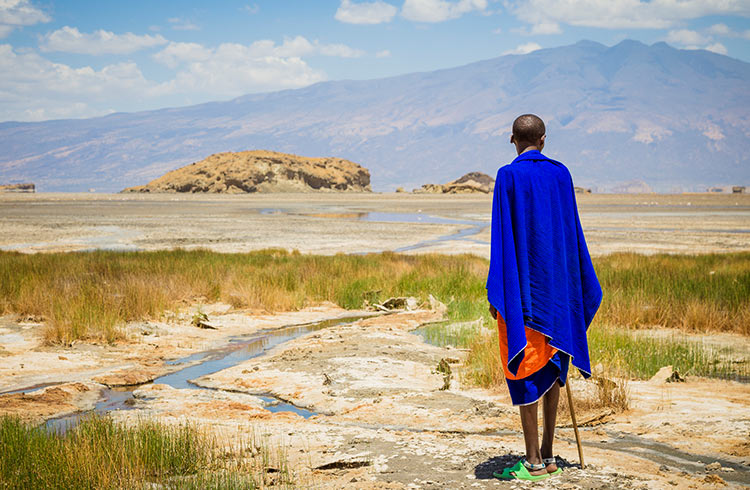 Photo © iStock.com/cinoby
Photo © iStock.com/cinoby
Tanzanians are a polite people and probably won’t point out when you make a cultural misstep, but that doesn’t stop them silently tsk-tsking when they see mzungu (foreign visitors) wearing inappropriate clothes, kissing in public, or committing other etiquette blunders. Here are some cultural norms to be aware of, so you can show respect and win friends.
Tanzania dress code
Tanzania is deeply conservative, so both men and women should cover their knees and shoulders in public. Traditionally, women only wear skirts, but it’s fine for foreign women to wear jeans or trousers – as long as they aren’t too form-fitting.
In Zanzibar, you might be tempted to stroll around in shorts and swimwear, but remember the island is predominantly Muslim. On the beach, you can get away with skimpy attire, but as soon as you set foot in a village, be sure to cover up. I’ve seen locals stop girls walking through Stone Town (Zanzibar’s Old Town) in bikini tops, and ask them to put clothes on, so people do notice if you flaunt the dress code.
You might be inspired to buy a kanga – a colorfully printed wrap that local women use as skirts, headwraps, and baby slings. When wearing one, keep modesty in mind and don’t tie it tightly around your waist; it’s better if your curves aren’t clearly outlined.
Etiquette when visiting villages
Tourists are an important source of income for Tanzania, so when visiting villages expect locals to try to sell you jewelry, carvings, and other souvenirs. Haggling is fine, as the vendors typically name an inflated price for foreigners. Just smile, be friendly and start negotiating. Tanzanians appreciate charm and don’t take kindly to aggressive tourists.
Avoid handing out sweets or other small gifts to the children you meet, as it can encourage them to drop out of school to beg full-time.
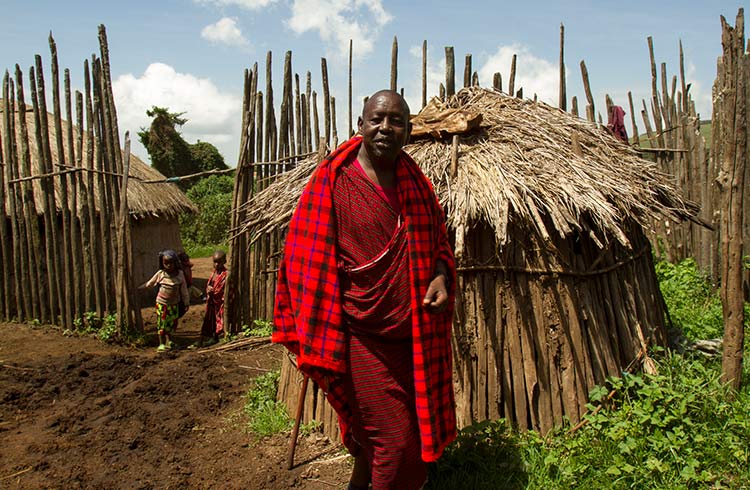
Greetings in Tanzania
Greetings are important and take time. Culturally, there’s an emphasis on people and relationships, and it’s considered rude to jump straight into a conversation without asking after the other person’s day, work, children, and so on.
Sometimes people will shake your hand and continue holding it for a while. Don’t freak out – it’s just a gesture of companionship.
Elders are cherished and greeted respectfully. Always say shikamoo to anyone older than you, which literally translates to ‘I hold your feet’ and the response, marahaba (literally translates to ‘I accept your respect’), recognizes your respect. When you shake hands with an elder, you can also bow slightly and hold your right elbow with your left hand; these gestures signify deeper respect and are well received.
Taking photos
It’s tempting to raise your camera as soon as you see tribespeople in traditional dress, but it’s bad manners to take photos without asking. You should also be aware that Maasai people usually expect a small tip in exchange for photos.
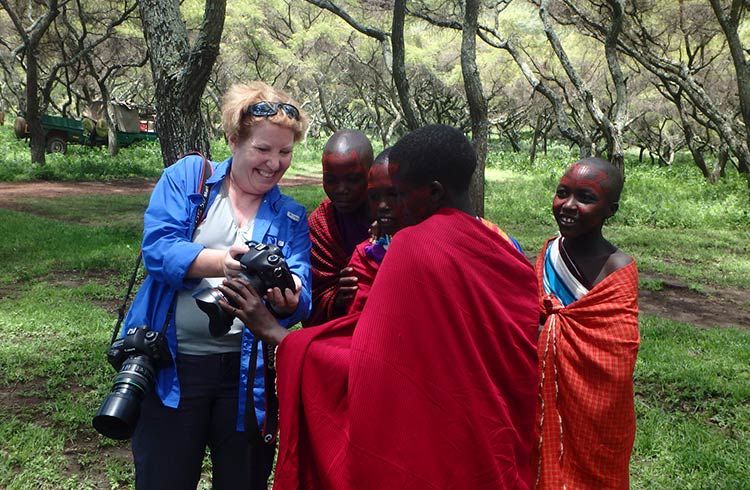
What not to do in Tanzania
Touching other people, or food, with your left hand, is a no-no. Don’t shake hands, eat, or give money and gifts with this hand as it’s reserved for toilet business. Use the right hand instead.
If you’re invited to eat with a local family, don’t sniff your food or decline to taste a dish, or you risk insulting the chef.
You should also remember that Tanzania is a conservative country, so resist kissing or touching your significant other in public – even if you’re on your honeymoon in Zanzibar!
Related articles
Simple and flexible travel insurance
You can buy at home or while traveling, and claim online from anywhere in the world. With 150+ adventure activities covered and 24/7 emergency assistance.
Get a quote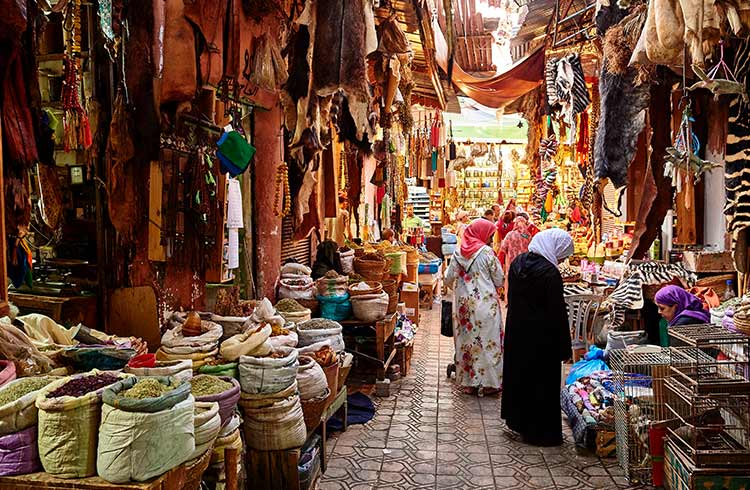

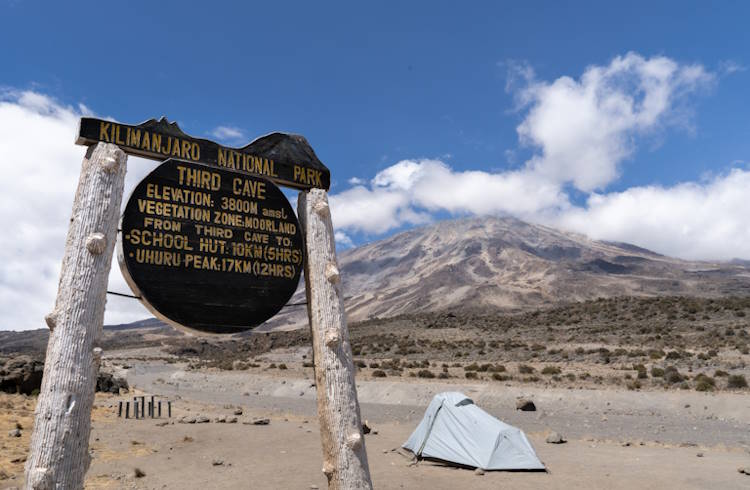
No Comments